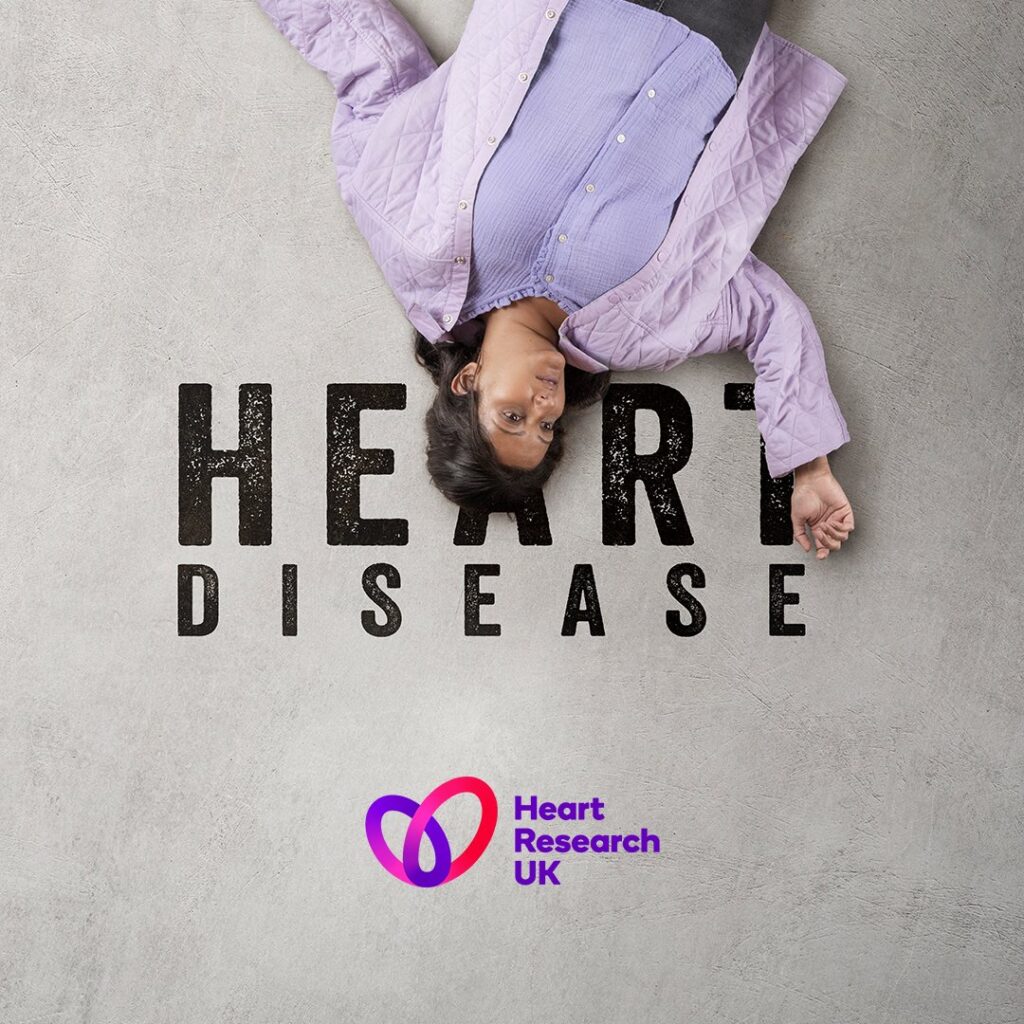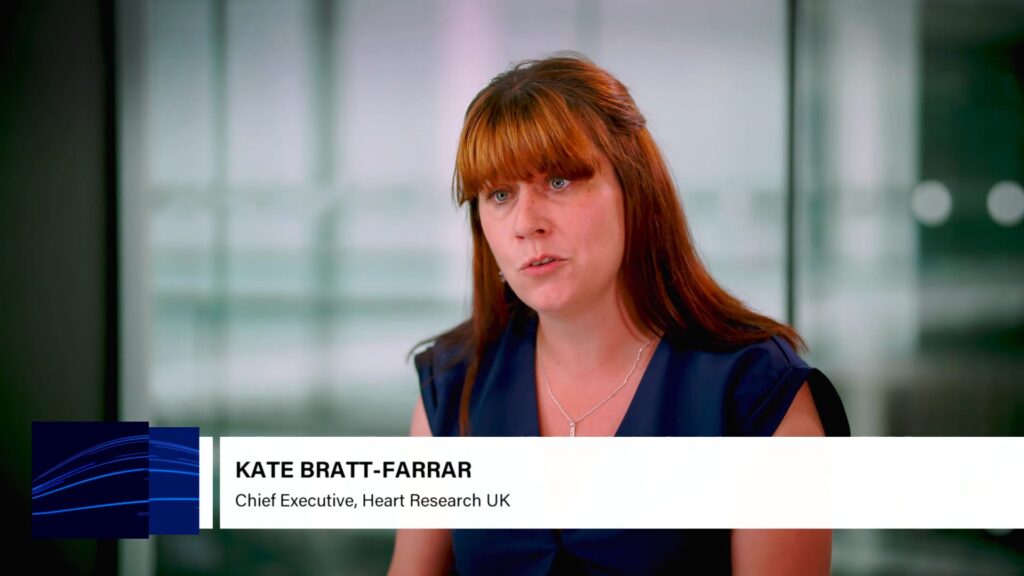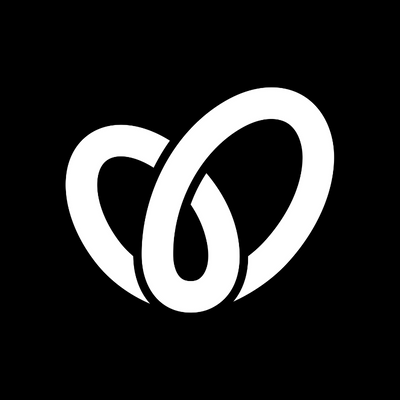Coronary heart disease (CHD) kills more than twice as many women as breast cancer in the UK every year. In the UK, 830,000 women are currently living with CHD and 32,000 women are admitted to hospital following a heart attack each year – an average of 88 women per day, or four per hour.

“It felt like I was drowning”
Kreena’s breast cancer treatment gave her heart failure and doctors said she might not survive the next two years. Six years later, she’s now featured in Heart Research UK’s women’s awareness campaign.
In 2016, Kreena Dhiman, then 37, had just crossed the finish line of her breast cancer treatment and was ready to celebrate life with her husband. She was only 33 when she had undergone three years of extensive treatment, and finally Kreena and her husband were able to go on a long-awaited holiday to Vancouver.
In Vancouver, Kreena started becoming unwell. Despite taking it slow, after two days she became lethargic and was felt like she’d be sick every time she coughed. The following night was the worst night of Kreena’s life.
“I couldn’t breathe. No matter how hard I was breathing, I couldn’t get air into my lungs. It felt like I was drowning,” Kreena recalls.
After hours at the hospital, 12 different medical teams still hadn’t been able to figure out why she had difficulty breathing.
“With cancer, you know your life is at risk, but they never say you won’t be here tomorrow.”
By this point, she was so breathless she was unable to talk. Despite her husband trying to explain to the doctors her medical history and the drugs she had been on, no one could figure out what was wrong with her. Finally, the doctors sat down with Kreena’s husband and said it was not looking good, they were afraid she wouldn’t make it through the night.
“It was so hard to hear. Suddenly, we were reaching this point where people are giving up hope and they don’t even know why.”
Eventually, Kreena was seen by the cardiology team. “A cardiologist held my hand and said I’ve been through your file, and I see you’ve had chemotherapy three years ago. I don’t need you to say anything, but I need you to squeeze my hand if you remember your chemotherapy being red in colour.”
Kreena was instantly taken back to the point when she was receiving this drug, which was delivered manually from a massive red syringe through her cannula instead of through the normal pump attached to a drip stand. The nurse explained this drug was very toxic, and they had to make sure it didn’t leak into any other parts of her body. It was therefore monitored manually.
“A cardiologist held
my hand”
Kreena squeezed the cardiologist’s hand and then immediately an emergency button was hit, and the sound of sirens filled the room. She was going into acute heart failure, a condition where the heart fails to pump enough blood around the body. It’s a long-term condition that gradually gets worse over time and is a consequence of other conditions that affect the heart’s ability to pump well, such as coronary heart disease or heart attack.
The cardio oncologist told Kreena the cancer treatment drug she’d been given three years ago is known to be cardiotoxic and, although rare, can cause heart failure.
Heart failure often causes fluid to build up in the body and Kreena had fluid in her lungs and her heart, which is why she was struggling to breathe. Her low blood pressure and her body being overloaded with fluid made her chance of survival low. But slowly, Kreena began feeling better, and two months later the couple was told they could fly home.
“I think something really kickstarted in me at that point [when we arrived back in the UK]. I felt like I’m going to do this,” she says.
“There’s so much that
will need to continue to
be researched.”
“My heart failure is the part of my life that will need constant support, care and education with medicines that might need to be evolved. There’s so much that will need to continue to be researched when it comes to heart disease.”
Kreena’s story is just one of many cases of heart disease in women across the UK, with research highlighting how women are unaware of the symptoms of heart disease. Although coronary heart disease (CHD) kills twice as many women as breast cancer every year, many people still associate heart disease with just men.
Now Kreena is featured in our new campaign HER Disease, which is raising awareness of how women are affected and dying needlessly from heart disease and encouraging them to take charge of their own heart health.
Kreena is aware of how research into heart disease treatments has helped her, but she wishes there was a stronger community for people with heart disease and wants people to be aware of the signs.
![Heart Disease Female 3 A4 Visual_V2[52] Coronary heart disease isn't just a man's problem. It kills over 23,000 UK women every year - twice as many as breast cancer. Know the symptoms. Know the signs. heartresearch.org.uk](https://heartresearch.org.uk/wp-content/uploads/2022/09/Heart-Disease-Female-3-A4-Visual_V252-212x300.jpg)
Find out more about the campaign using the links below.











